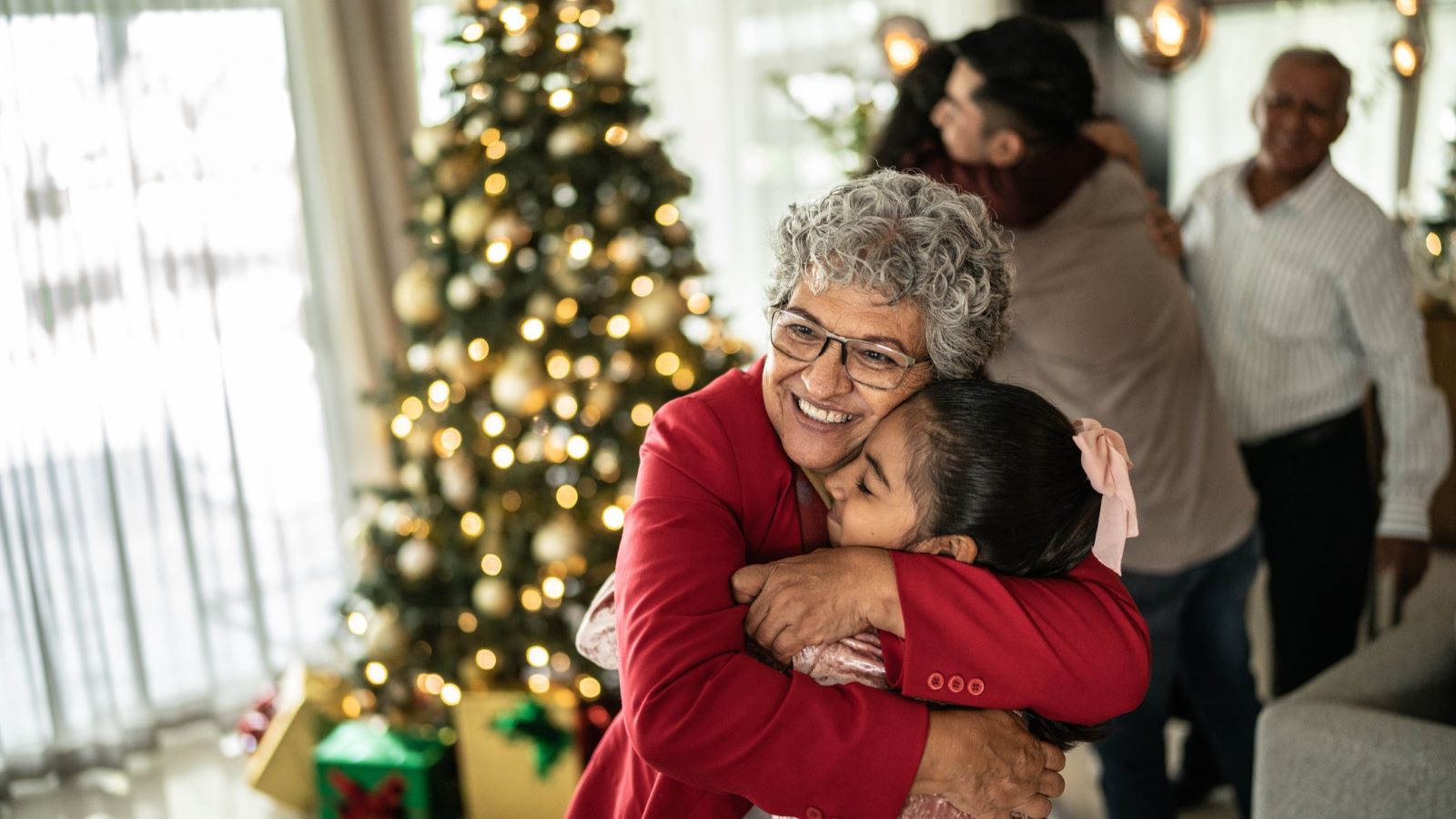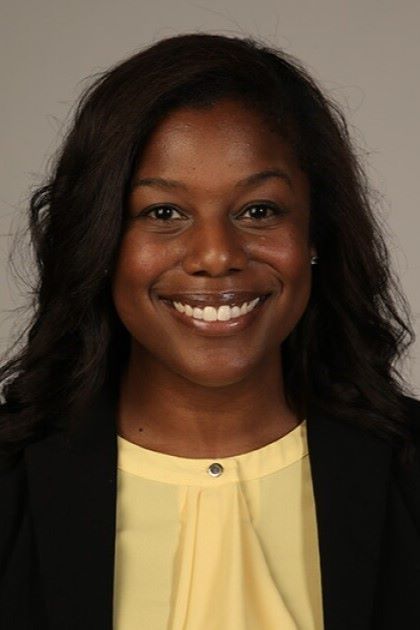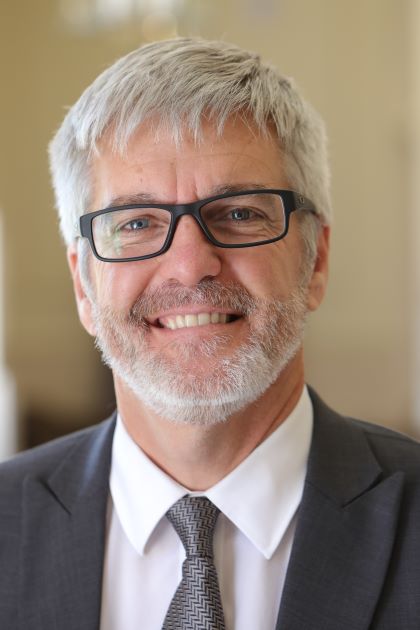Tales of Christmas Past: Preserving Your Family History During the Holidays
Baylor’s Institute for Oral History shares seven simple best practices to get the conversation started

(Credit: FG Trade Latin/Getty Images Collection E+)
Contact: Lori Fogleman, Baylor University Media & Public Relations, 254-709-5959
Follow us on X (Twitter): @BaylorUMedia
WACO, Texas (Nov. 29, 2023) – During past family Christmas gatherings, many of us remember when older relatives regaled everyone with tales about their fascinating life stories, firsthand experiences as an eyewitness to history or simply sharing how favorite family traditions started. So how do you preserve those precious family memories during the holidays?
Baylor University oral historians Stephen Sloan and Adrienne Cain Darough have recorded and preserved the oral history memoirs of thousands of individuals through their work with Baylor’s renowned Institute for Oral History, home of the national Oral History Association. Together, the historians share seven simple best practices to help family members begin oral history conversations that enrich recollections of the past and capture your family memories.
“The holiday season brings about the opportunity to spend time with family members, especially those you may not be able to see on a frequent basis,” Cain Darough said. “This presents the perfect opportunity to conduct oral histories to capture the stories and experiences of your family and loved ones, to learn more about them, the history of your family, traditions that have been passed down from generation to generation and more.”
Seven best practices for preserving your family’s oral history
1. Ask first! Make sure your family member wants their story to be documented or recorded.
That is the first – and most important – question to ask, said Adrienne Cain Darough, M.L.S., assistant director and senior lecturer with the Institute for Oral History.
Ask first.
“Many oral historians have run into the spot where someone says, ‘Oh, my grandpa would be great for that topic,’ and you get there and it's, ‘Grandpa does not want to talk to you.’ So first, make sure they want their story recorded,” she said.
2. Determine the type of recording equipment you want to use.
Decide if you want to record your interview with an audio recorder or use a video recording device. It all depends on your needs and comfort level with the technology.
For family members who are unable to travel this holiday season, you can include them by capturing their stories using a remote recording platform like Zoom, which became a vital tool for oral historians when COVID struck in 2020.
Helpful resources from Baylor’s Institute for Oral History include:
- How to choose the right digital recorder
- Oral History at a Distance webinar on the dynamics of conducting remote oral history interviews
- Remote Interviewing Resources guide (Oral History Association)
3. Research your family member’s life and their timeline to help you formulate your questions.
Recording a family member’s oral history is more than just putting down a recorder in front of them and saying, “Talk.”
If you’re recording an oral history over Christmas with a family member, are there specific things that you want to know that are related to the holiday? For example, what was Christmas morning like for them as a child? How did your favorite family traditions start? What is their favorite holiday dish? (Maybe they could even share the recipe. “You can finally learn why Nana’s banana pudding doesn’t even have bananas in it,” Cain Darough said.)
“Doing your research to try to form those questions will help you get around the reluctance to talk sometimes,” Cain Darough added. “The favorite thing that I love to hear is, ‘Oh, I don't have much to say,’ or ‘I'm not that important.’ And then you sit down with them, and you listen to their stories, and your mind is just blown by the things that they've seen and experienced.”
4. Start with the basics: “Where are you from?”
When Baylor oral historians conduct an interview, they generally begin with some life history of the subject, providing important context for historians.
“Ask questions early on that are easy for them to answer: a little bit of the backstory, a little bit of where they're from, where they grew up,” said Stephen Sloan, Ph.D., director of the Institute for Oral History, executive director of Oral History Association and professor of history at Baylor. “I want to understand the lens through which they experienced events, and the only way I can do that is, who was this? What was formative in their life growing up? Who spoke into who they were? What did they learn? Where did they go? What did they do? Those are the sorts of things that I would be exploring early in the interview.”
One of the questions Cain Darough enjoys asking is, “What did you want to be when you grew up?”
“You want to give them something that's very easy and comfortable to talk about,” Cain Darough said. “What was your favorite subject in school, just to see if that was something that continued on in their life. If there's a certain hobby or something that you know that they're affiliated with, when did you learn about that? Tell me more. What's your interest with this? And then they'll get to talking.”
5. Ask open-ended questions – without making any assumptions.
With oral history, it is important that you don’t go into the interview with a specific agenda or try to lead anyone to a certain conclusion.
“We can do this very subtly by assuming information, but you can't assume anything about their experience with the topic,’” Sloan said. “If we assume information, it could be very far from how they encountered whatever event that may have been. Allow them to relate the ways in which they lived these experiences.”
6. Listen closely.
Listening is an important facet of gathering oral history. But historians say you are not only listening for what they're saying, you're also listening for what they're not saying.
“Are there things that are being skipped around?” Cain Darough said. “For example, sometimes when you're talking to veterans about their combat experience, it may be the first time that they're reliving or retelling these stories. They need time, and you just have to be prepared for that.”
7. Be patient. It might take your subject some time to warm up to the conversation.
“If you're talking to someone who is 80, 90 or even 100, that's a lot of memories that they have to go through, so patience is important,” Cain Darough said.
ABOUT STEPHEN SLOAN AND ADRIENNE A. CAIN DAROUGH
In summer 2024, Stephen Sloan and Adrienne A. Cain Darough, along with oral history colleagues Steven K. Sielaff and Michelle L. Holland, will release their book, Oral History at a Distance (Routledge Press), that addresses the dynamics of conducting remote oral history interviews, including the interview/narrator experience, best practices and equipment and software needed for recording remote archival-quality oral history interviews, and the legal and ethical considerations and implications of oral histories conducted via distance interviewing.
Stephen Sloan leads Baylor’s Institute for Oral History, one of the leading academic oral history programs in the world providing best principles and practices for the methodology. Sloan also serves as executive director of the Oral History Association, the principal membership organization for people committed to the value of oral history, and as a professor in Baylor’s Department of History, specializing in U.S. history post 1941, environmental history, public history and the American West. Through the Institute, Sloan organizes research projects, leads community oral history workshops, directs grants and contracts and conducts field interviews. He has won several awards for his publications and projects, including the Elizabeth B. Mason Oral History Project Award for the “Survivors of Genocide Oral History Project” and the Oral History Association Book Award for the co-edited Listening on the Edge: Oral History in the Aftermath of Crisis. Sloan’s public history work includes the Waco History app and website and the Waco History Podcast.
Adrienne A. Cain Darough is a librarian, oral historian and certified archivist who currently serves as the assistant director of the Institute for Oral History and senior lecturer at Baylor. In this role she supports the Institute by providing training and workshops to community groups, students, educators and researchers who desire to create an oral history project for their neighborhoods, classrooms, communities and research. In addition, she serves the oral history profession as the secretary-treasurer for the Texas Oral History Association. As an oral historian, she has worked on several projects as a trainer, creator and consultant. She has presented her work and research on oral history use and methodology at several regional, national and international associations. Her oral history projects, research and interests center around ethical and legal considerations for oral history as well as the Black/African American experience as told through oral histories.
ABOUT THE BAYLOR UNIVERSITY INSTITUTE FOR ORAL HISTORY
Through dynamic, recorded interviews, the Institute for Oral History at Baylor University preserves the stories of individuals who helped create the fabric of history and whose lives, in turn, were shaped by the people, places, events and ideas of their day. The Institute has recorded and preserved oral histories since 1970, earning along the way a strong reputation for multidisciplinary outreach to both academic scholars and community historians by providing professional leadership, educational tools and research opportunities. In 2019, the Institute joined the Baylor University Libraries, further strengthening the division for service to researchers and scholars. For more information, visit the Institute for Oral History website.
ABOUT BAYLOR UNIVERSITY
Baylor University is a private Christian University and a nationally ranked Research 1 institution. The University provides a vibrant campus community for more than 20,000 students by blending interdisciplinary research with an international reputation for educational excellence and a faculty commitment to teaching and scholarship. Chartered in 1845 by the Republic of Texas through the efforts of Baptist pioneers, Baylor is the oldest continually operating University in Texas. Located in Waco, Baylor welcomes students from all 50 states and more than 100 countries to study a broad range of degrees among its 12 nationally recognized academic divisions.

